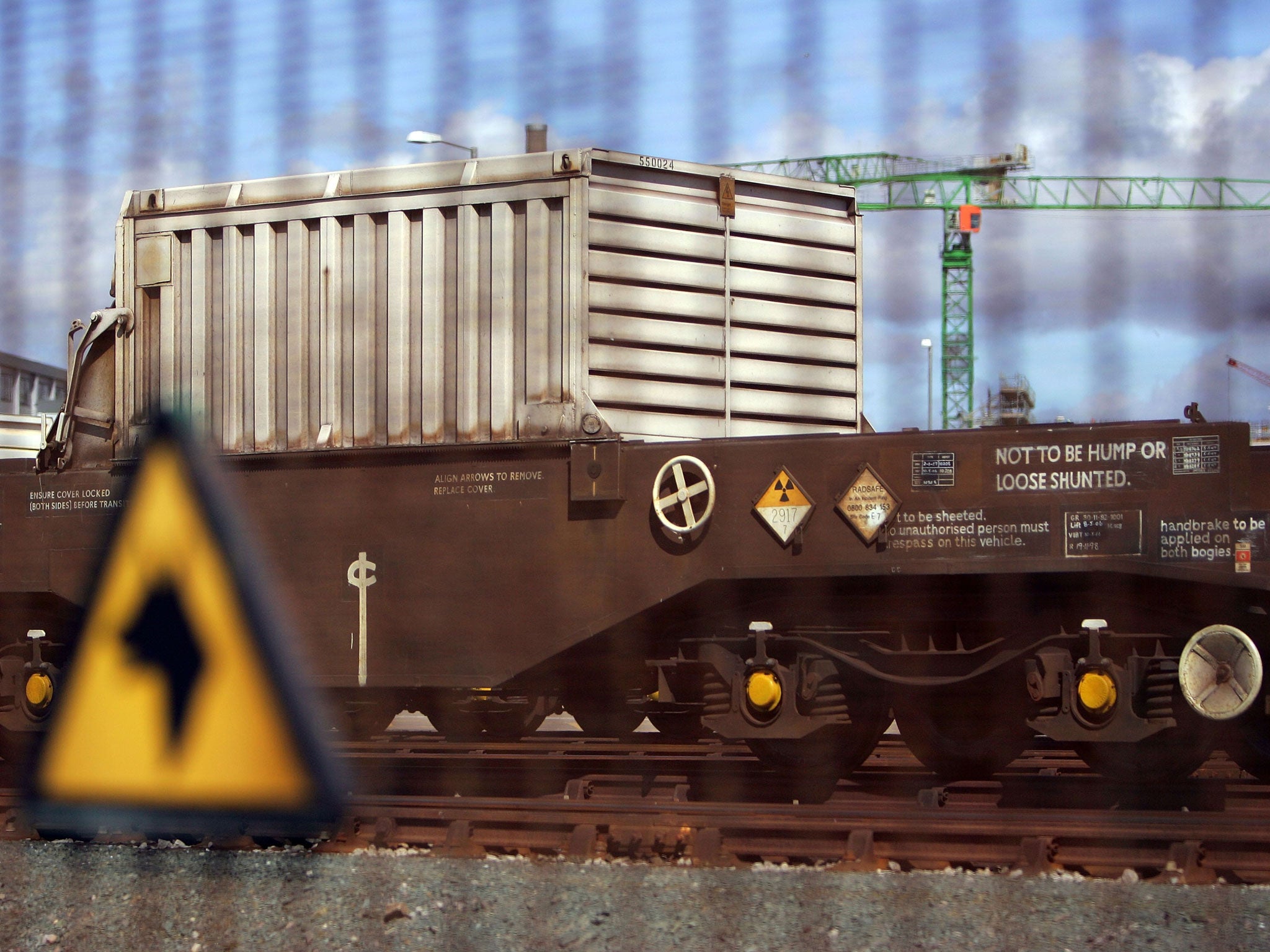Law could force nuclear waste on Cumbria
Despite the county council voting against a storage site, the Government may have the power to impose a facility on the region

A nuclear waste dump may still be sited in Cumbria despite a decision by county councillors last week to reject the plans.
Local district councillors in west Cumbria are seeking an urgent meeting with ministers in an effort to revive the storage scheme. Leaders of Copeland and Allerdale borough councils said they had a mandate to explore the next stage of the UK's nuclear waste storage plan, and accused Cumbria county councillors of ignoring the views of local people. Copeland MP Jamie Reed said he would lobby the Government to continue searching for a solution to nuclear waste storage in the area.
Widespread opposition to the plans, highlighted in last week's Independent on Sunday, resulted in Cumbria County Council voting 7-3 not to proceed with a detailed geological survey for a suitable site. The decision is a blow to the Government's energy policy, which relies on nuclear power but has still to work out a safe way of dealing with the toxic waste. Until the vote, Cumbria was the only county in the UK to consider formally looking for a safe site to store nuclear waste, which remains radioactive for up to a million years.
After the reversal, the Energy Secretary, Ed Davey, said: "It is absolutely vital that we get to grips with our national nuclear legacy. The issue has been kicked into the long grass for far too long. We remain firmly committed to geological disposal as the right policy for the long-term, safe and secure management of radioactive waste. We also remain committed to the principles of voluntarism and a community-led approach."
Critics of the waste-dump policy point out that if no council voluntarily agrees to host a waste dump, the Government has the power to impose one. A clause in the 2008 'Managing Radioactive Waste Safely White Paper' states: "In the event that at some point in the future, voluntarism and partnership does not look likely to work, the Government reserves the right to explore other approaches." Critics believe this will mean the Government will ultimately force a facility on to a community.
The Department of Energy and Climate Change (DECC) refuses to rule this out. It claims that other communities held back as they assumed west Cumbria was a "done deal" because of Sellafield's importance to the economy of the county. As many as 10,000 direct jobs and up to 50,000 indirect jobs are reliant on the nuclear power plant and waste-handling facilities there. Steve Nicholson of the Sellafield Workers' Campaign said they were shocked and disappointed by the county council decision but pledged to continue to try to further the plans.
Pro- and anti-dump campaigners agree that more investment is needed to improve the surface storage at Sellafield. A National Audit Office report last November was highly critical of the standards of the storage facilities, which were set up as an interim solution in the 1950s.
A DECC spokesman said the Nuclear Decommissioning Authority, the waste regulator, was spending £3bn a year on disposal of nuclear waste and was committed to improving the facilities at Sellafield.
Subscribe to Independent Premium to bookmark this article
Want to bookmark your favourite articles and stories to read or reference later? Start your Independent Premium subscription today.

Join our commenting forum
Join thought-provoking conversations, follow other Independent readers and see their replies